Conflict Trends 2023/2
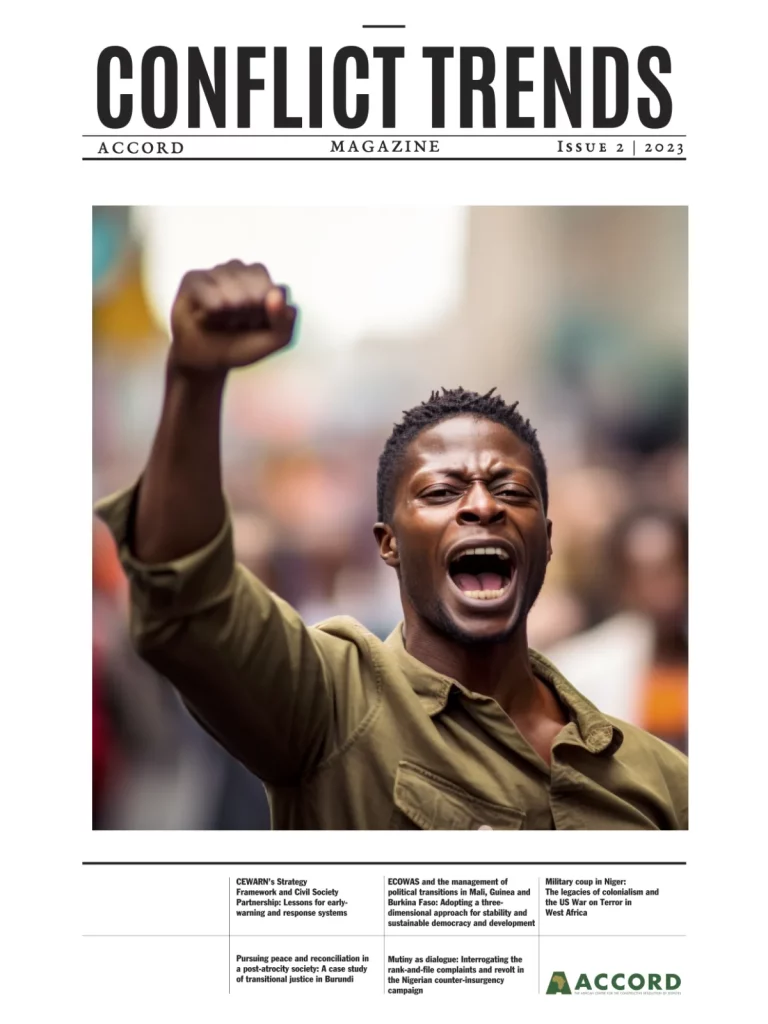
CEWARN’s Strategy Framework and Civil Society Partnership: Lessons for early-warning and response systems
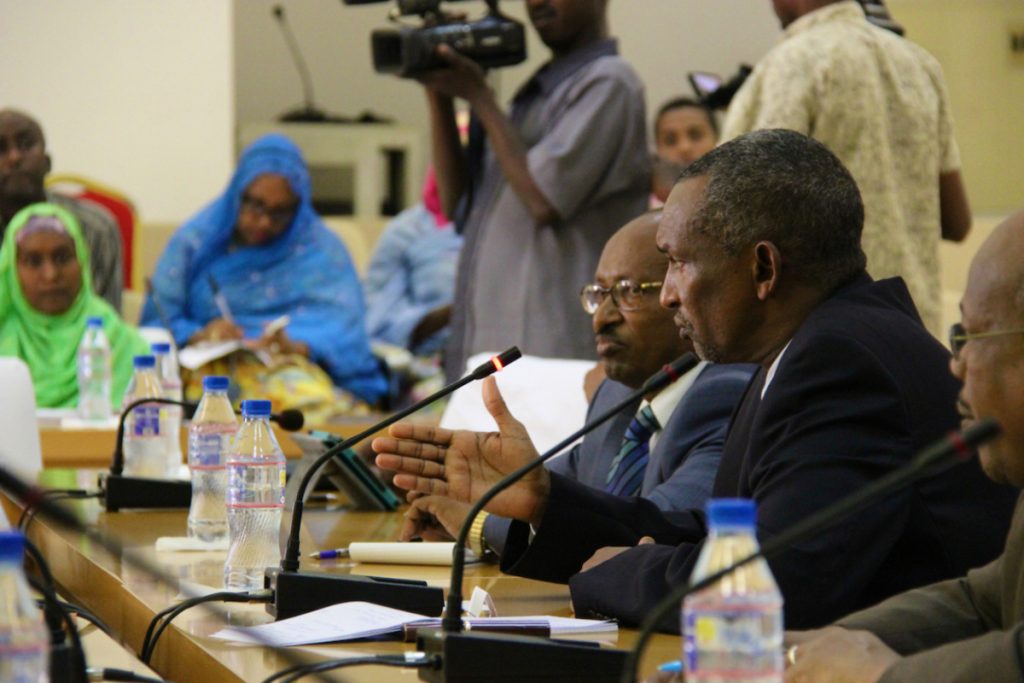
This article reviews the implementation of CEWARN’s partnerships with CSOs for data collection, analysis and response under the current Strategy Framework.
ECOWAS and the management of political transitions in Mali, Guinea and Burkina Faso: Adopting a three-dimensional approach for stability and sustainable democracy and development
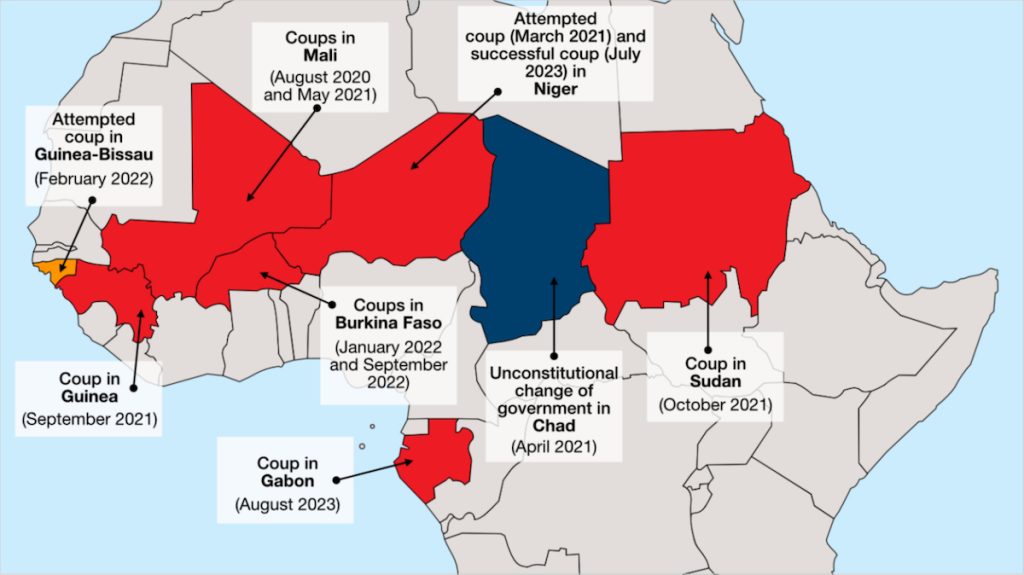
Examining measures for strengthening democratic transitions in Mali, Guinea and Burkina Faso by analysing responses at the national, regional and international levels to ensure rapid restoration of constitutional order.
Military coup in Niger: The legacies of colonialism and the US War on Terror in West Africa
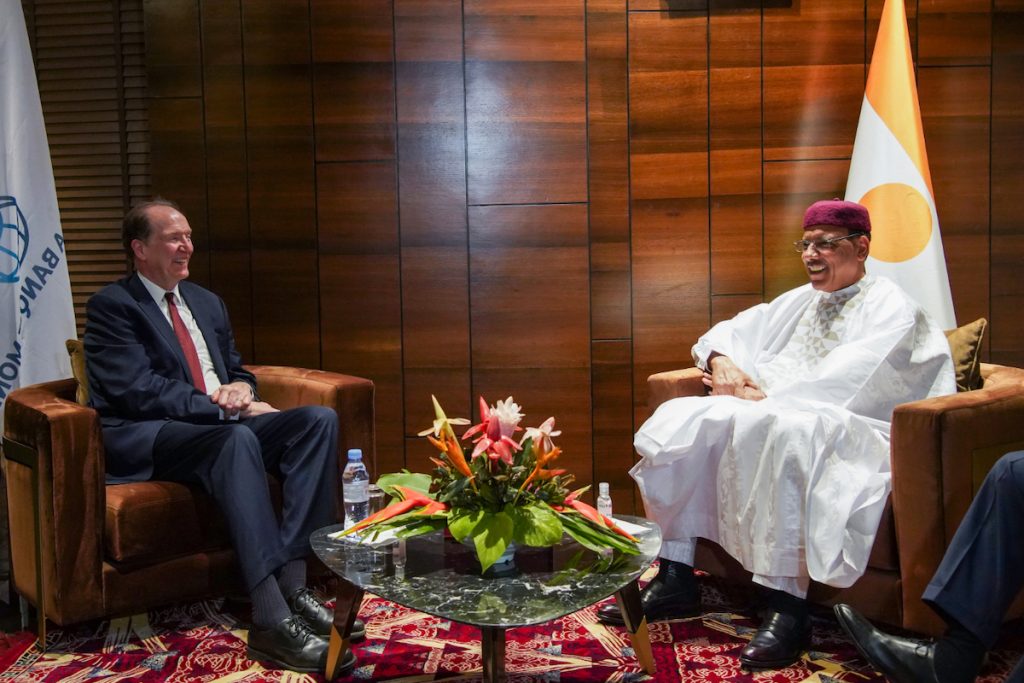
A closer examination of conflict connections and motivations reveals hidden agendas, geopolitical strategic moves, and the struggle for control in Niger.
Pursuing peace and reconciliation in a post-atrocity society: A case study of transitional justice in Burundi
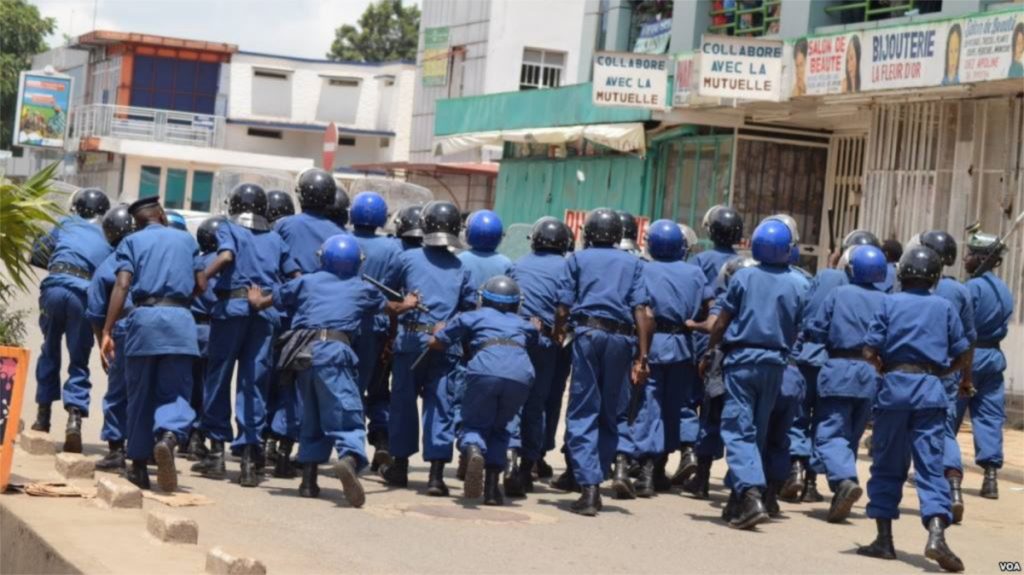
Key determinants of peace in post-conflict Burundi that also formed the basis of strenuous negotiations in Arusha are the ethnic quota system, power sharing, security sector reform, and transitional justice.
Mutiny as dialogue: Interrogating the rank-and-file complaints and revolt in the Nigerian counter-insurgency campaign
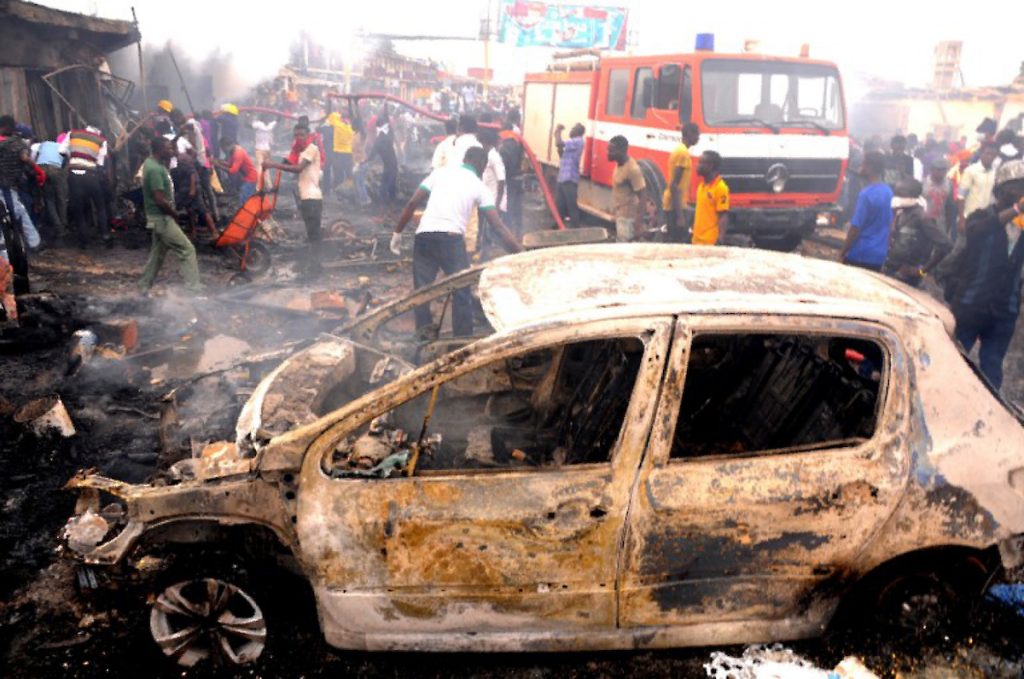
Because of the combined effects of the Boko Haram insurgency, banditry, kidnappings, separatist agitations, ethno-religious conflicts, and the farmer-herder crisis, the Nigerian military has been drafted to play a frontline role in quelling the multifarious security crises in the country.
